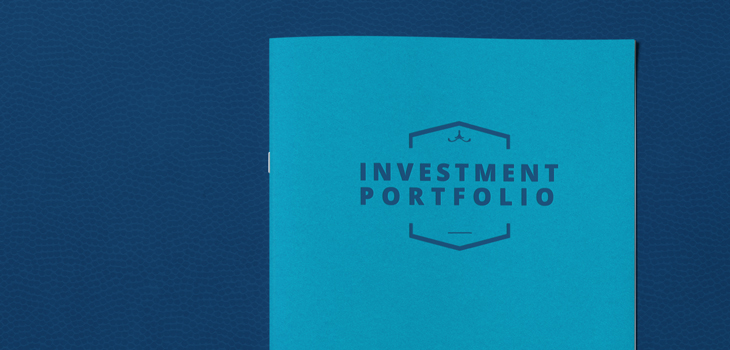You’ve worked hard all your life to build up your investment portfolio in preparation for retirement. What’s the most important question now for many retirees – how do you not only protect your investments, but also pass them on to the next generation in the most efficient way?
While there are many places to gain knowledge and get educated on the answer to this question, there are four areas that are critical:
Diversify Your Portfolio
Per my previous articles in the Worry Free Retirement Series, diversifying your portfolio – balancing fixed income investments with stocks, international companies with domestic names – can lead to positive returns while still managing risk.
- Canadians Are Living Longer. What Does This Mean For Your Portfolio?
- Are Your Investments Keeping Up With Inflation And Taxes?
- Did You Know That People Who Work With Financial Advisors Make More Money?
Understand Tax Implications Both When You Sell Investments & When You Withdraw
How money is taxed when it is withdrawn can vary significantly depending on the type of investment account [e.g., non-registered vs registered (such as RRSPs, TFSAs)] that held the funds. Create a plan that identifies which accounts should be accessed first and in what order to help you maximize income and minimize taxes during retirement. For example, it may be better to withdraw cash from your non-registered accounts first when creating a steady income stream. Making these decisions depends on the amount of income a person earns and whether that income will change over time. An investment advisor can assist you in making informed decisions.
Different investments provide different types of income. Some provide dividends, some interest and some will just provide investors with a gain or a loss when sold. The type of income an investment provides should be factored into how retirees receive their payments in order to protect their earnings and minimize taxation when it is withdrawn.
The goal is to maximize after-tax income for your entire retirement, rather than reduce the current year’s taxes.
Consider Insurance & Other Investment Strategies To Protect Your Assets
Many investors have used insurance products to protect their investments. Segregated Funds are one example. Segregated funds are purchased to not only protect the original capital invested, but also for the death benefit they provide. Even though segregated funds tend to have higher fees than traditional mutual funds and other investments, many investors have chosen to own these products.
However, with segregated funds, the assets must be held for a minimum of 10 years for the guarantee to apply. In my view, there have been very few 10-year periods in the history of the stock market where investors have lost money. As a result, the guarantee is used sparingly. Many investors, including myself, have chosen not to own segregated funds for this reason. Instead, investors can use strip coupon bonds to protect their original capital without the higher costs and mandatory holding periods.
Insurance can also be used to protect the value of a person’s estate. When an investor passes away and their wealth is passed down to the next generation (their sons or daughters), much of the estate could be lost to taxes. By owning a life insurance policy to make up for the taxes that will be taken off before the estate gets paid out (life policy pays out without taxes taken off), there is no money lost to taxation.
Estate Planning
You have worked very hard to not only build an investment portfolio to provide an income in retirement, but also to leave a bit of a legacy behind for your beneficiaries. The most important thing investors should work towards is setting up their portfolios to avoid probate. By making sure there are named beneficiaries on all registered plans and by adding a joint owner on investment accounts, investors can successfully bypass the probate. Consult with other professionals, such as a lawyer, to figure out the best course of action to take to set up your will and your estate. Your investment advisor also should play a key role in the estate planning process.
By working with an investment advisor, you will be able to navigate through the post retirement decisions that you have to make to protect and grow your assets.
Call me at 416-332-3863 if you’d like a little help.

